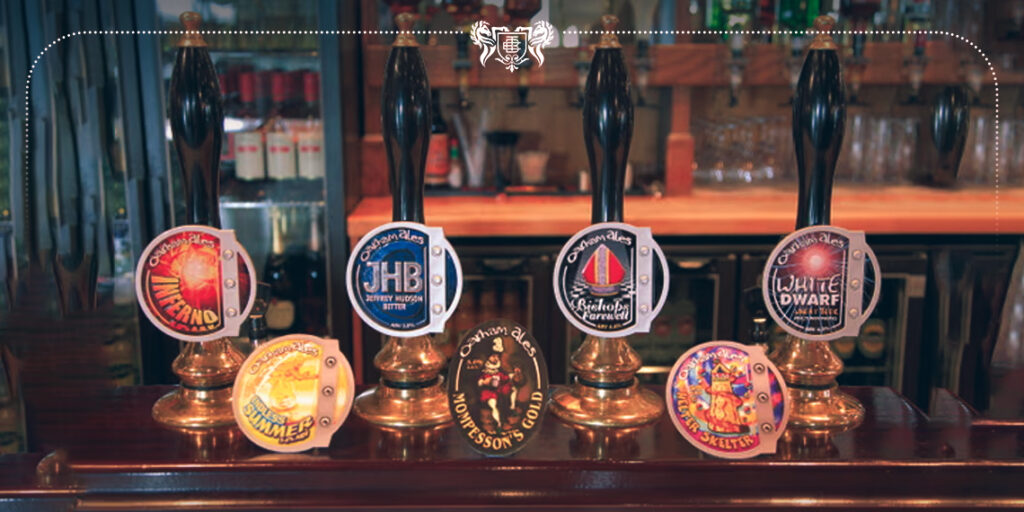Pubs and restaurants across the UK are warning of possible closures and a challenging Christmas season if Chancellor Rachel Reeves introduces a tax-hiking budget that ends Covid-era relief on business rates. Scheduled for release on Wednesday, Reeves’s budget is expected to increase taxes and trim spending by a combined £40 billion, primarily aimed at funding enhanced public services.
While businesses across sectors are bracing for higher taxes that could dampen consumer spending, hospitality establishments face an acute threat with the scheduled end of the business rates relief next spring. This relief, originally introduced in 2020 to help pubs, bars, restaurants, and cafes during Covid-19 closures, may expire, leading to tax bill increases up to four times current levels.
The business rates relief, most recently extended by former Chancellor Jeremy Hunt in November, offers a 75% discount capped at £110,000 through April 1. On Monday, industry groups like the British Beer and Pub Association, the British Institute of Innkeeping, and UKHospitality urged Reeves to make the relief permanent for the hospitality sector.
In a recent NielsenIQ survey, 54% of hospitality businesses indicated they might reduce staffing, and 51% said they would halt investment if the full business rates return. More than a quarter stated they could be forced to close at least one site under higher rates.
The groups stressed, “Many cash-strapped pubs, brewers, bars, and cafes would be unable to survive a quadrupling of rates bills. Without support, nearly half of businesses may reduce jobs or cancel investments, with a quarter potentially facing closures.”
Rising business rates may come as consumer spending remains weak, with UK consumer confidence slipping this month, according to GfK’s consumer confidence survey. Analysts caution that even if the economy shows resilience, spending could dip in what some call a “vibecession.”
Additional tax-raising measures are likely, including a “stealth” freeze on income tax thresholds, raising revenue without changing headline rates. Economists predict higher national insurance contributions could also limit pay raises, adding pressure to consumer spending.
A recent RSM UK survey of 2,000 people found that 42% plan to cut Christmas spending if the budget impacts income. Saxon Moseley, RSM UK’s head of leisure and hospitality, warned, “If tax changes reduce consumer confidence, the hospitality sector could see a major impact on holiday spending.”


